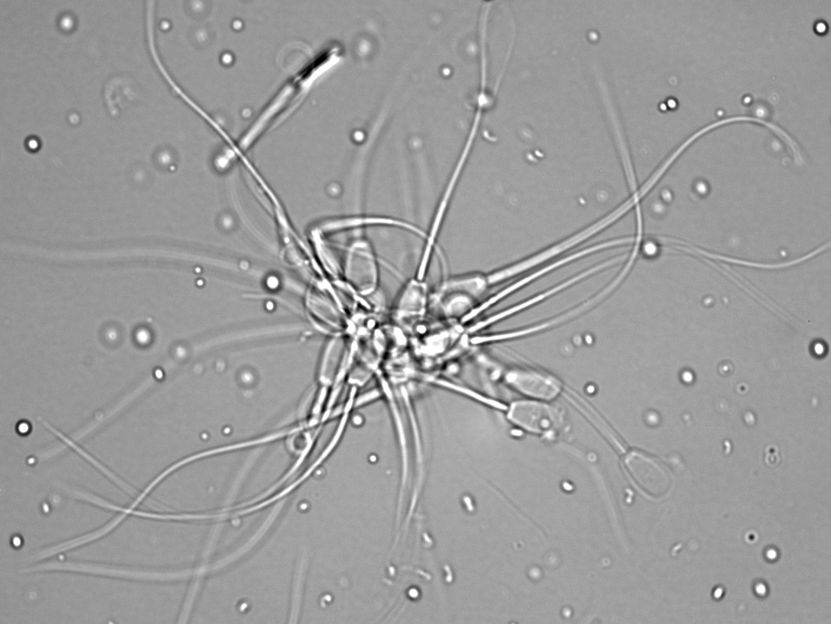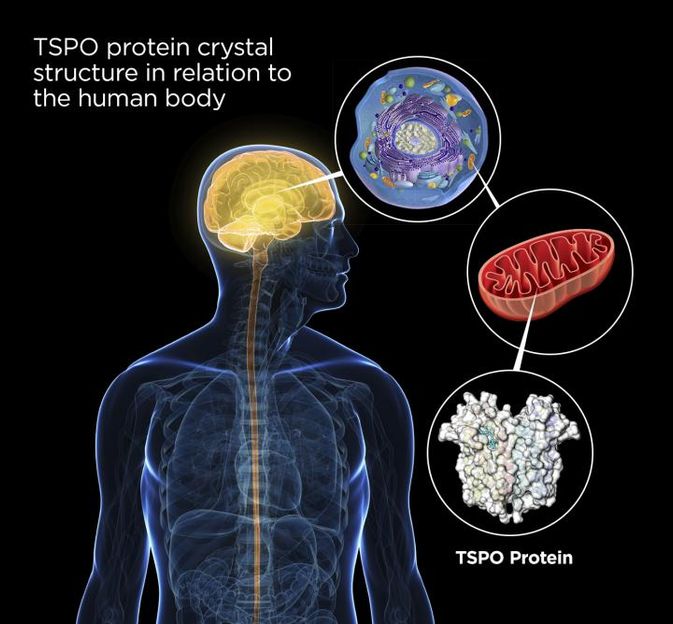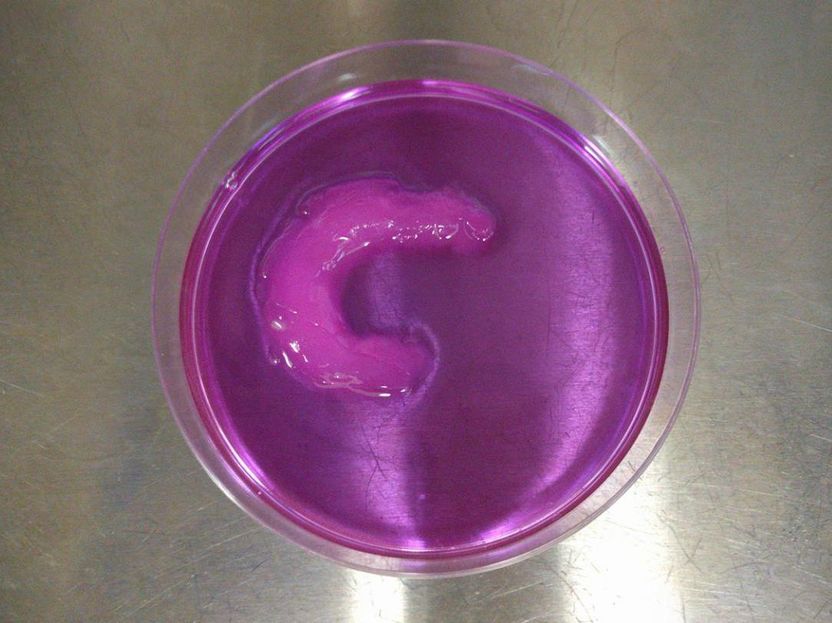Spermidine as a Potential Biomarker for Alzheimer’s Disease
New insights into the role of the polyamine spermidine in brain ageing
In a recent study, an international team of researchers led by Prof. Agnes Flöel at University Medicine Greifswald has gained new insights into the role of the polyamine spermidine in brain ageing. The study, published on 2 November in the Journal Alzheimer’s & Dementia: The Journal of the Alzheimer’s Association, is the first study investigating the role of spermidine blood level values across the lifespan in a community-based cross-sectional sample.

Symbolic image
Computer-generated image
With the help of magnetic resonance imaging (MRI), they found that elevated spermidine blood levels are an indicator for advanced brain ageing. This means that spermidine could play a role during the development of neurodegenerative diseases like Alzheimer’s disease. Data for this study originated from a population-based study (SHIP – Study of Health in Pomerania) and included 659 healthy participants.
Spermidine is a molecule that can be found in all our cells. It can be formed in the body from precursors, and we absorb it through food. It helps cells to eliminate cellular waste, i.e. parts of the cell that are no longer needed. This process is also called autophagy. It is assumed that spermidine uses autophagy to slow down the ageing process at cell level. Moreover, it is also known that higher dietary spermidine intake benefits various aspects of general health, body defence, and memory maintenance in older animals and humans. In contrast, research has shown that elevated spermidine tissue levels, e.g. in different brain areas, are an indicator for Alzheimer's disease.
"To better understand this well-known contrast, we wanted to investigate the relationship between spermidine blood levels and established MRI-based brain markers that show changes during brain ageing and in Alzheimer's disease in the general population," says Silke Wortha, PhD, first author of the study.
The researchers used four MRI-based brain markers and were able to show that elevated spermidine blood levels were associated with advanced brain ageing according to all four markers. Study participants were healthy and had no diagnosis of neurodegenerative disease like Alzheimer’s.
“Our study shows that physiological spermidine blood levels do not reflect the beneficial health effects observed with higher dietary spermidine intake in animal models and human studies. Additionally, results show that spermidine blood levels could be used as a potential biomarker for preclinical Alzheimer’s disease. This is important since blood-based biomarkers for Alzheimer’s disease are less expensive and less of a strain on patients’ bodies when compared to cerebrospinal fluid diagnostics, which entails the extraction of fluid from the spinal cavity” says Prof. Agnes Flöel, senior author of the study.
Topics
Organizations
Other news from the department science

Get the life science industry in your inbox
By submitting this form you agree that LUMITOS AG will send you the newsletter(s) selected above by email. Your data will not be passed on to third parties. Your data will be stored and processed in accordance with our data protection regulations. LUMITOS may contact you by email for the purpose of advertising or market and opinion surveys. You can revoke your consent at any time without giving reasons to LUMITOS AG, Ernst-Augustin-Str. 2, 12489 Berlin, Germany or by e-mail at revoke@lumitos.com with effect for the future. In addition, each email contains a link to unsubscribe from the corresponding newsletter.
More news from our other portals
Last viewed contents
Scientists map epigenetic changes during blood cell differentiation - Potential application for stem cell therapies
GE Healthcare acquires bioprocessing start-up - Obtaining nanofiber-based platform purification technology for biopharmaceutical production

Biologists examine sperm quality on the basis of their metabolism
Drugs could be developed cheaper and faster
BioMérieux and Biocartis Sign Strategic Partnership in Molecular Diagnostics - Co-development of assays and co-distribution of a fully integrated molecular platform due for launch in 2012

Fingertip-sized robots are poised to become medicine’s future lifesavers - Tiny robots to bring health care closer to precisely targeted drug delivery

First-ever view of protein structure may lead to better anxiety drugs
Evotec licenses Phase II insomnia candidate to Jingxin Pharma for development in China
Nomenclature_of_monoclonal_antibodies
BAC and Octapharma to develop custom ligand for recombinant plasma protein
Crucell and Aeras Announce Progress in TB Vaccine Program






















































